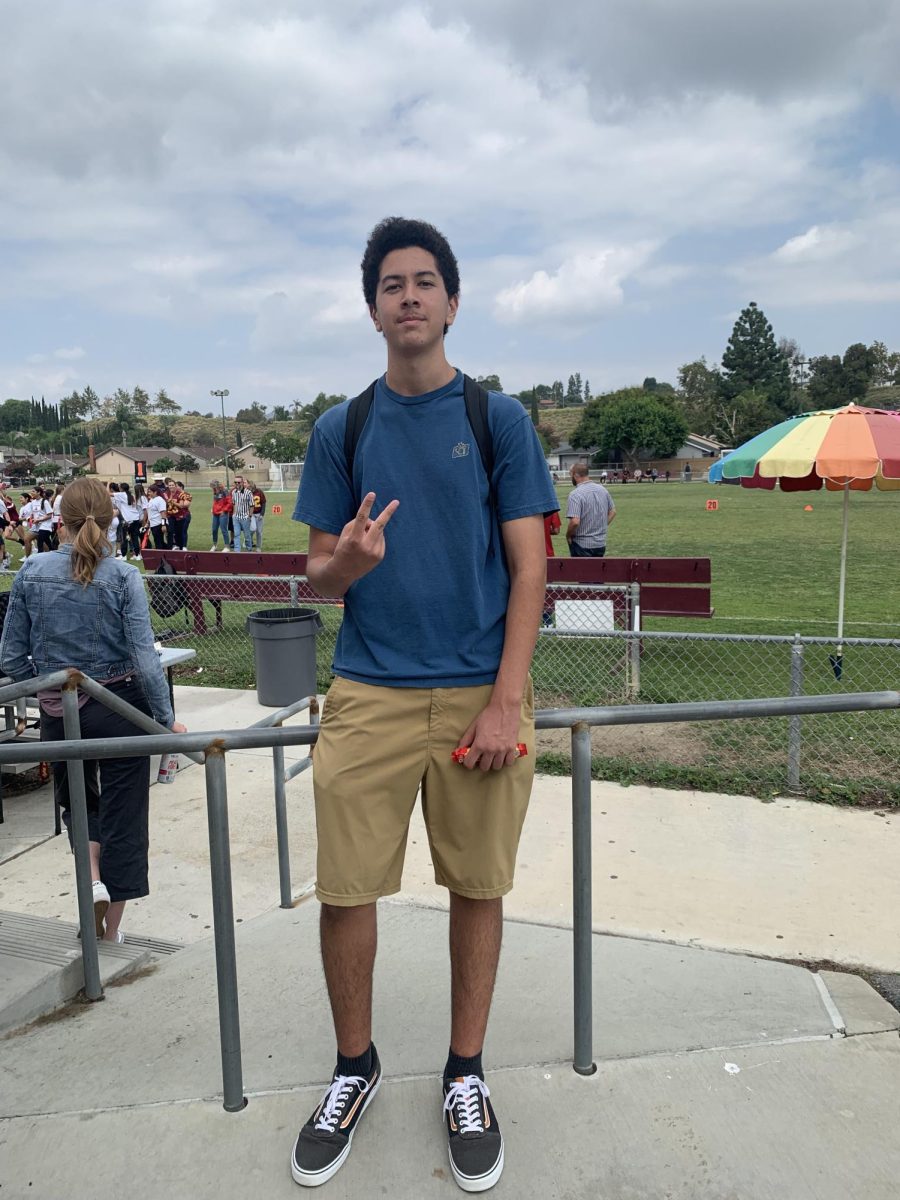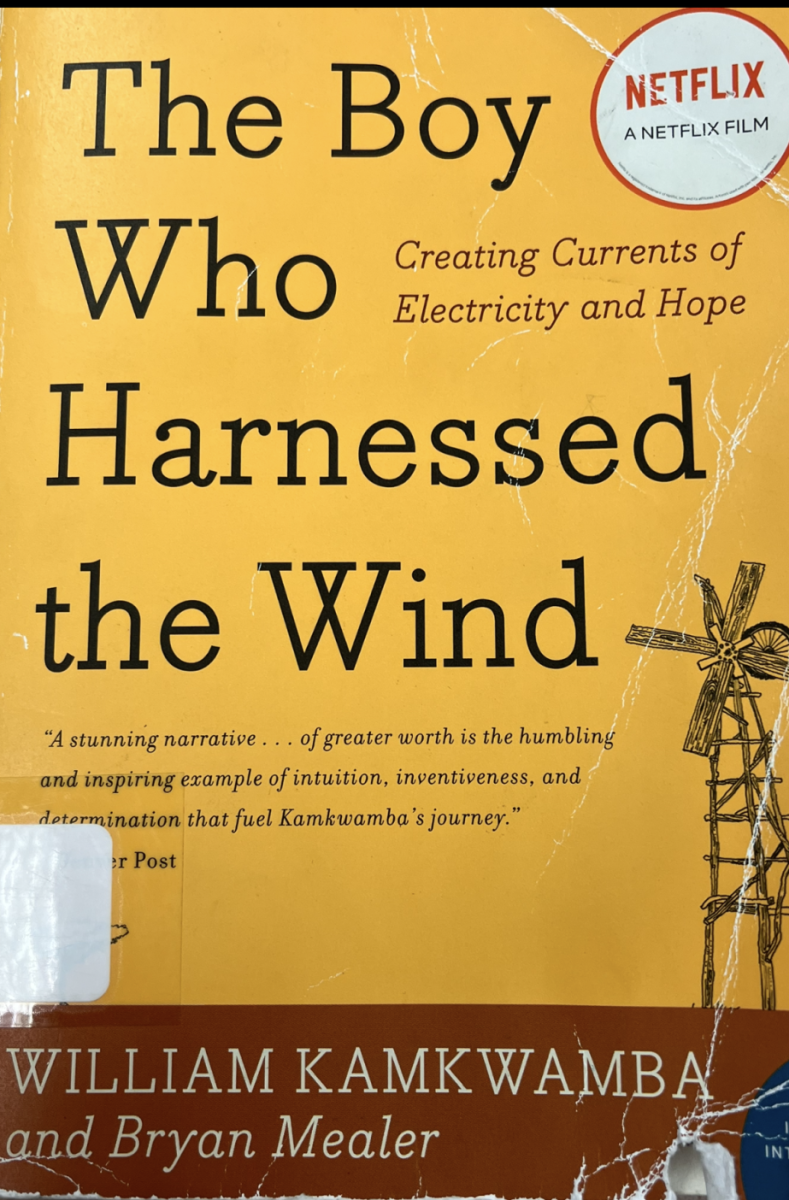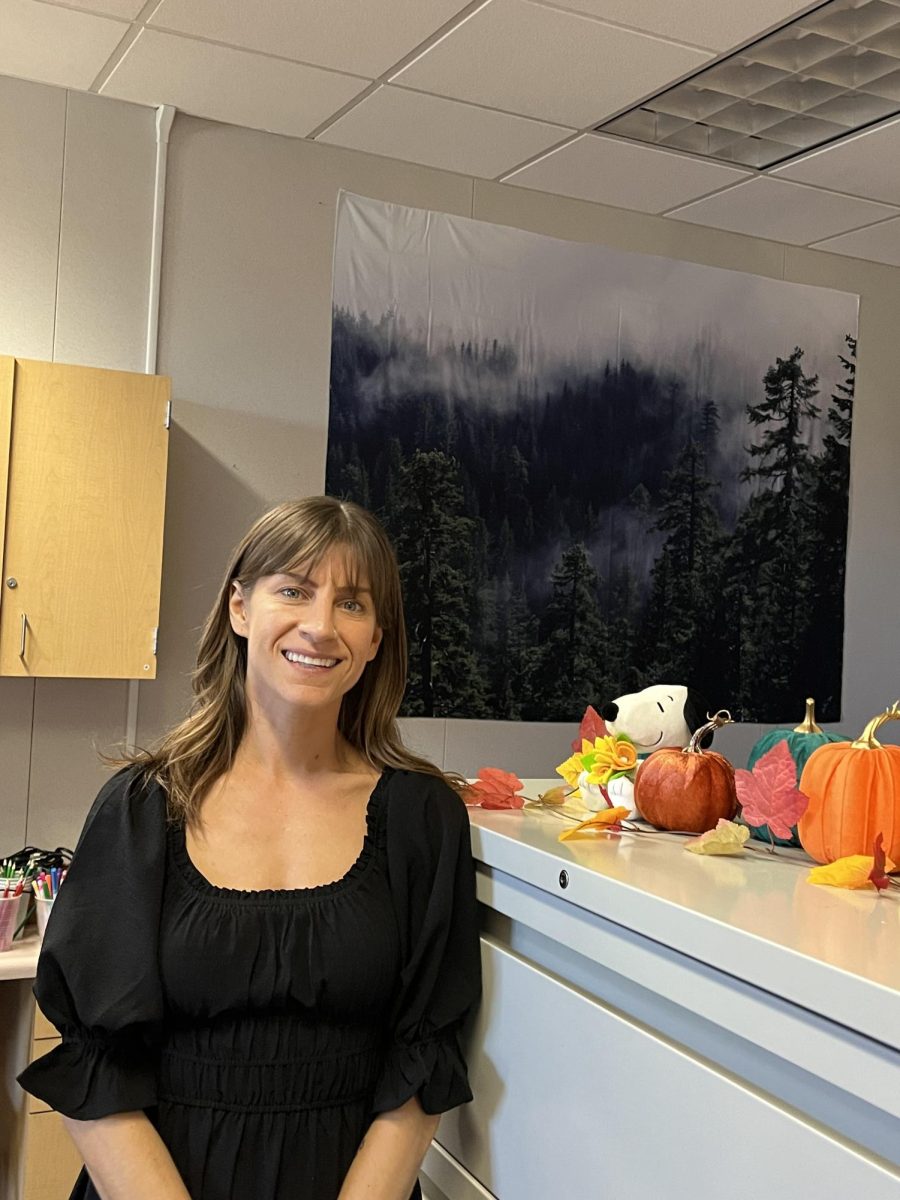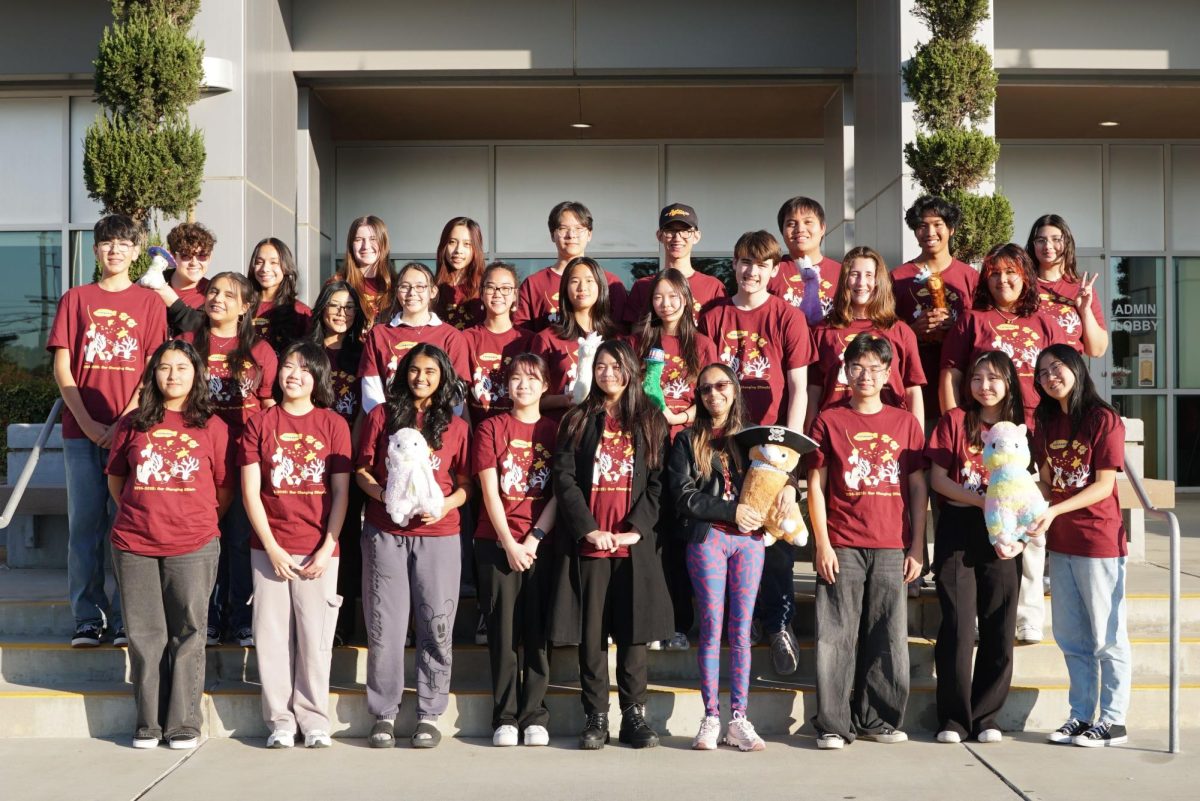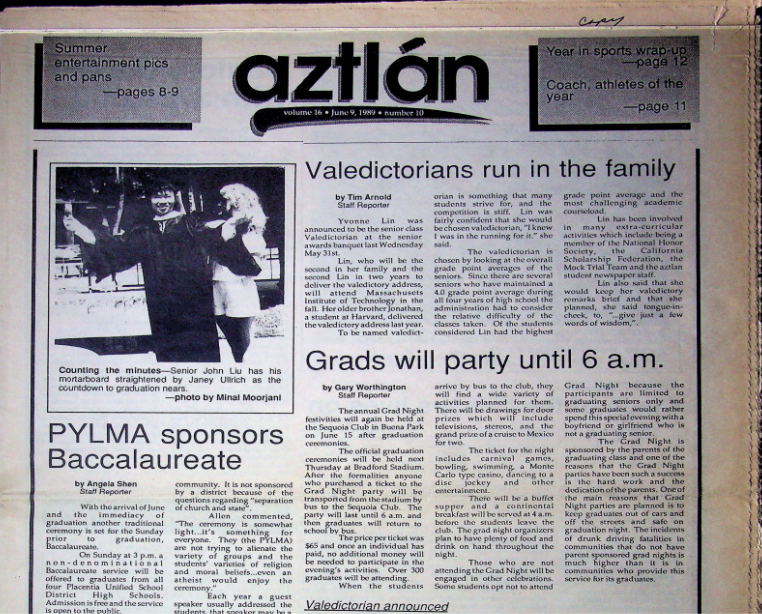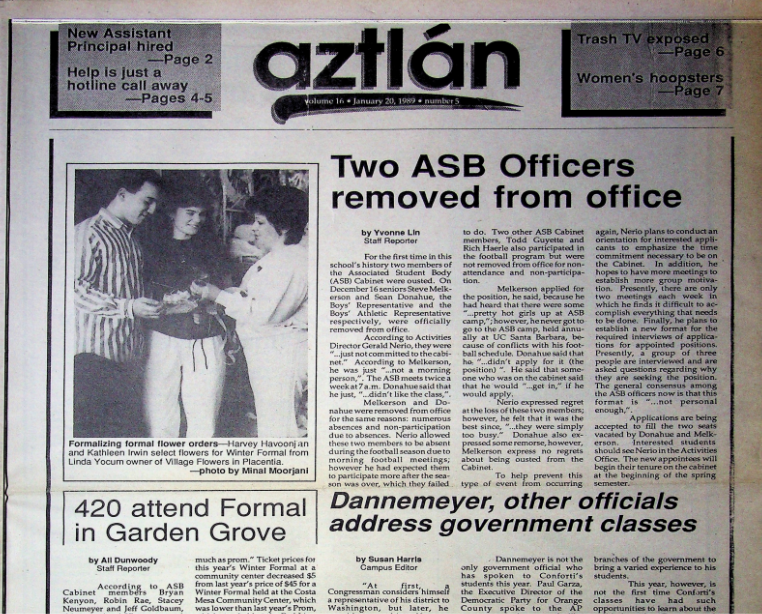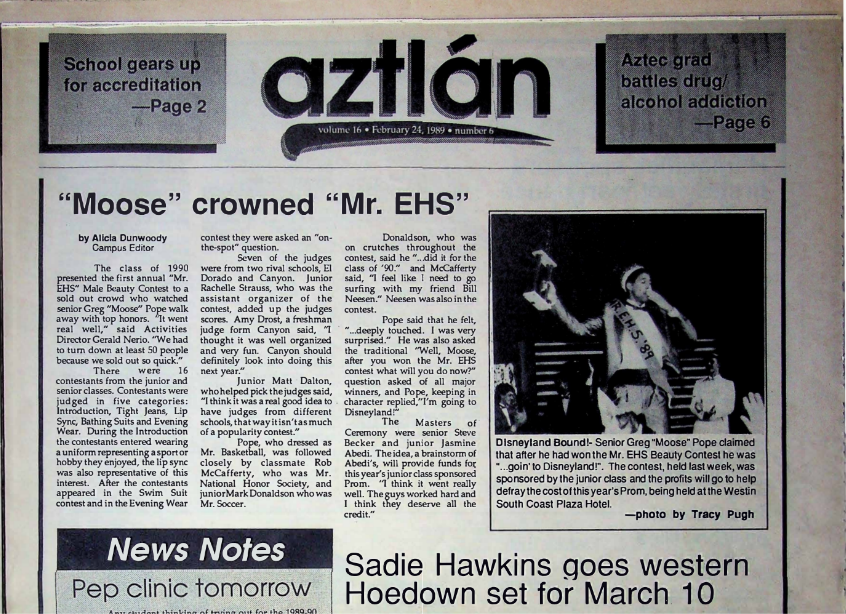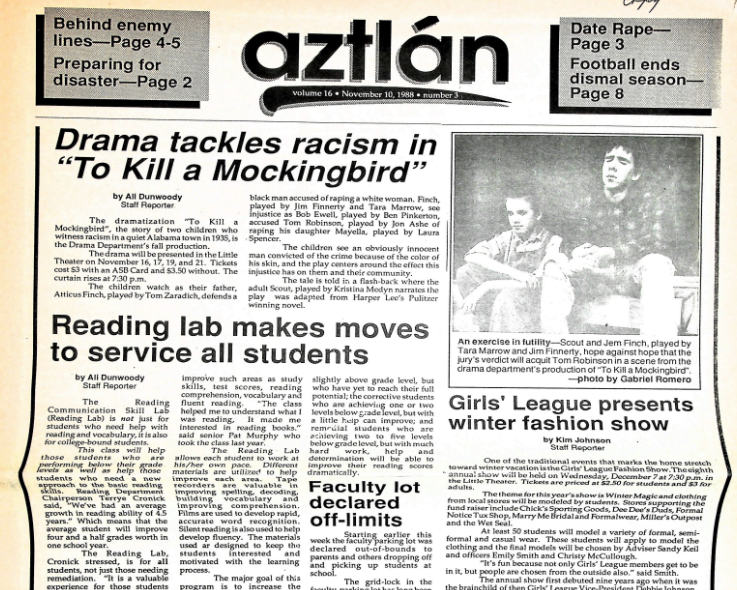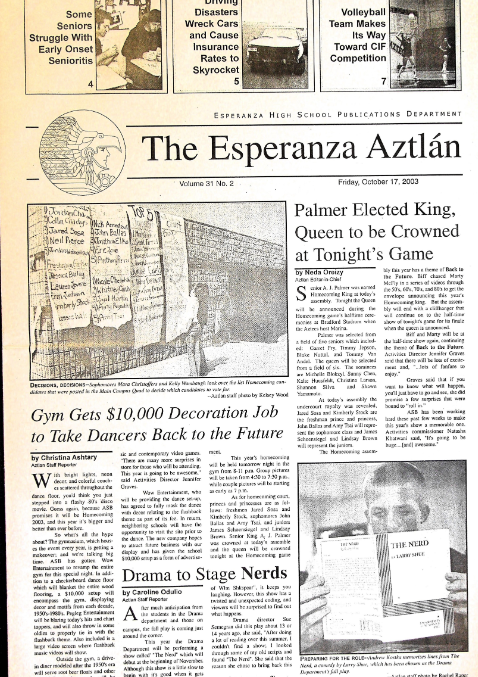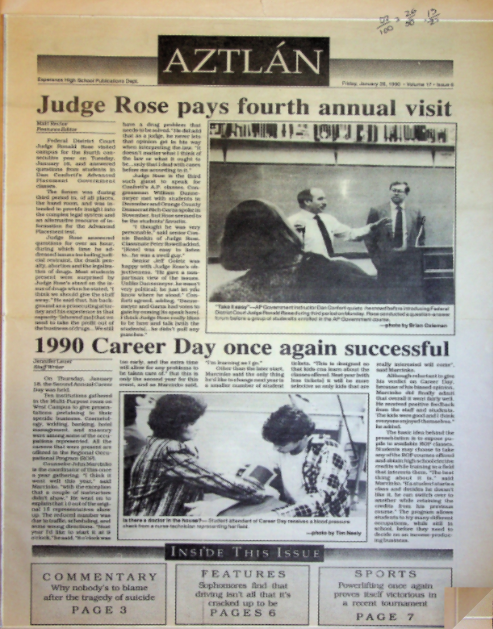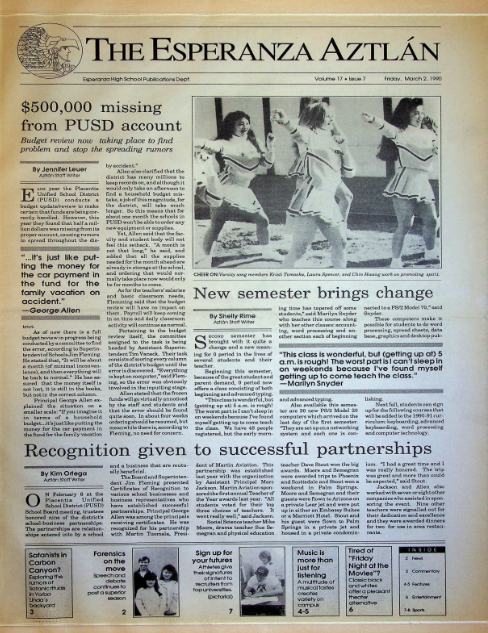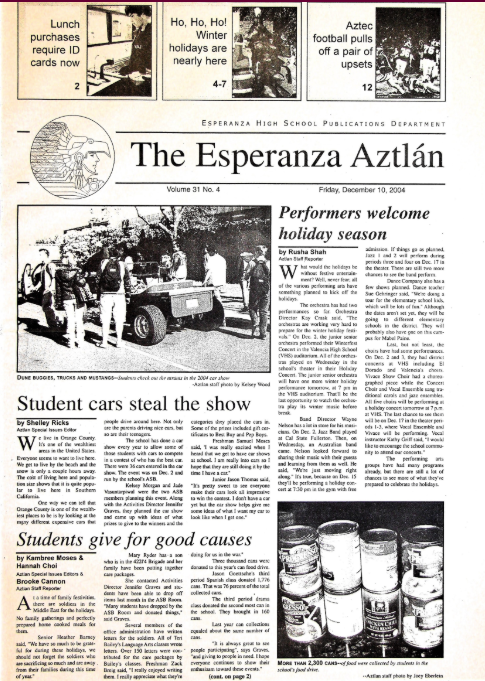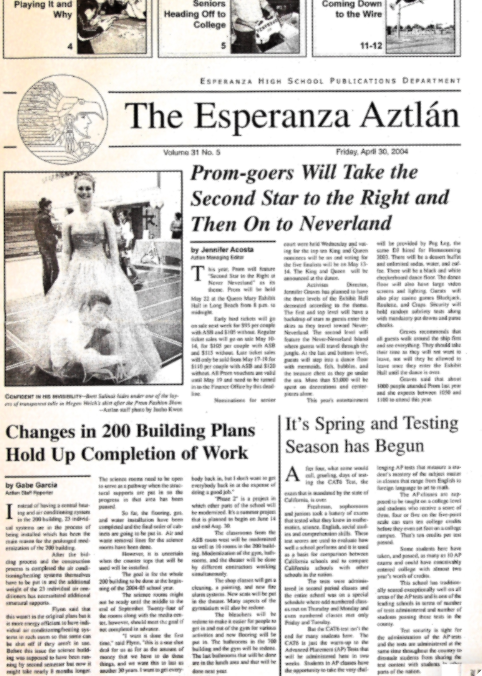In our rapidly evolving world, the complexities we face are more intricate than ever before. Navigating through the myriad of challenges requires a keen understanding of the multifaceted issues that define our era. From global pandemics testing the resilience of healthcare systems to the intricate web of socio-economic disparities, individuals and societies find themselves grappling with an array of interconnected problems. At the forefront of contemporary challenges is the urgent need to address climate change, a looming crisis that transcends borders and demands collective action. The delicate balance between technological advancement and ethical considerations raises questions about privacy, artificial intelligence, and the implications of innovation on societal norms. Moreover, geopolitical tensions and shifting alliances add an additional layer of intricacy to global affairs. On a personal level, the digital age has brought forth unprecedented challenges in mental health, as individuals navigate the relentless stream of information and the impact of social media on well-being. The ongoing quest for inclusivity and equity prompts discussions about systemic biases and discrimination, necessitating a critical examination of societal structures. As we grapple with these multifaceted issues, the journey towards solutions requires a nuanced understanding, open dialogue, and a commitment to fostering positive change. Navigating through the complexities of today’s world demands not only adaptability but also a collective will to address these challenges head-on, ensuring a sustainable and harmonious future for generations to come.
In the context of grappling with intricate issues, there’s a prevailing temptation to seek straightforward solutions to complex problems. The allure of quick fixes often overshadows the underlying depth of challenges, leading to a collective oversight of the intricate web woven into contemporary issues. In this context, Steve Herbert’s cautionary words resonate profoundly, serving as a stark reminder that simplicity rarely suffices when confronted with profound complexities. The acknowledgment that someone more intelligent would have found an easy answer underscores the gravity of the situations we face. It prompts a reevaluation of our expectations, urging us to resist the inclination towards oversimplification and embrace the reality that complex problems inherently demand equally complex and difficult solutions. Herbert’s wisdom becomes a guiding light in navigating the labyrinth of contemporary challenges, urging a mindset shift toward comprehensive problem-solving: “Beware of people preaching simple solutions to complex problems. If the answer was easy someone more intelligent would have thought of it a long time ago – complex problems invariably require complex and difficult solutions.” – Steve Herbert.
As we explore the diverse facets of creativity and expression, the wisdom encapsulated in Richard Nixon’s quote becomes a profound guide. The metaphorical resonance of “playing the black and the white notes together” extends beyond music, encapsulating the essence of harmony in life’s endeavors. It underscores the importance of embracing the contrasting elements, acknowledging that beauty often arises from the seamless integration of disparate components. In the symphony of existence, the interplay of challenges and triumphs, contrasts and congruities, is akin to the varied notes on a musical scale. Nixon’s insight becomes a call to holistic engagement, urging us to appreciate the full spectrum of experiences, harmonizing the complexities to craft a beautiful composition in our pursuits, be they artistic, personal, or societal: “If you want to make beautiful music, you must play the black and the white notes together.” – Richard Nixon.
Transitioning into the realm of improving our world and enhancing lives, we embark on a journey guided by a collective responsibility for positive change. Recognizing the intricate challenges and harmonies inherent in our existence, the call to action becomes clear. Whether addressing complex global issues or fostering individual well-being, the power to make a difference lies in our hands. As we navigate the black and white notes of life’s symphony, the pursuit of meaningful impact requires a holistic approach. It involves understanding the complexities of contemporary problems and actively seeking comprehensive, difficult solutions. Richard Nixon’s metaphor, urging the playing of both black and white notes together, becomes a metaphorical anthem for the collaborative efforts needed to create a better world. By weaving together diverse perspectives, acknowledging the challenges, and harmonizing the contrasts, we can aspire to compose a more harmonious and beautiful future for both our global community and individual lives: “You make the world a better place by making daily improvements to become the best version of yourself.” – Roy T. Bennett.
As we navigate the complexities of our world and embrace the challenges that define our era, the realization dawns that our journey towards improvement is inherently linked to the grindstone of experience. Transitioning from the call for comprehensive solutions and collective efforts, we acknowledge that progress often emerges from the crucible of pain and necessity. In striving to make the world a better place and enhancing individual lives, we confront adversity and necessity as catalysts for transformation. The intricate symphony of life demands that we play both the black and white notes together, harmonizing contrasts for a more beautiful future. In the profound words of H.G. Wells, “We are kept keen on the grindstone of pain and necessity,” encapsulating the essence that the challenges we face sharpen our resolve and hone our capabilities, propelling us towards meaningful growth and positive change.


